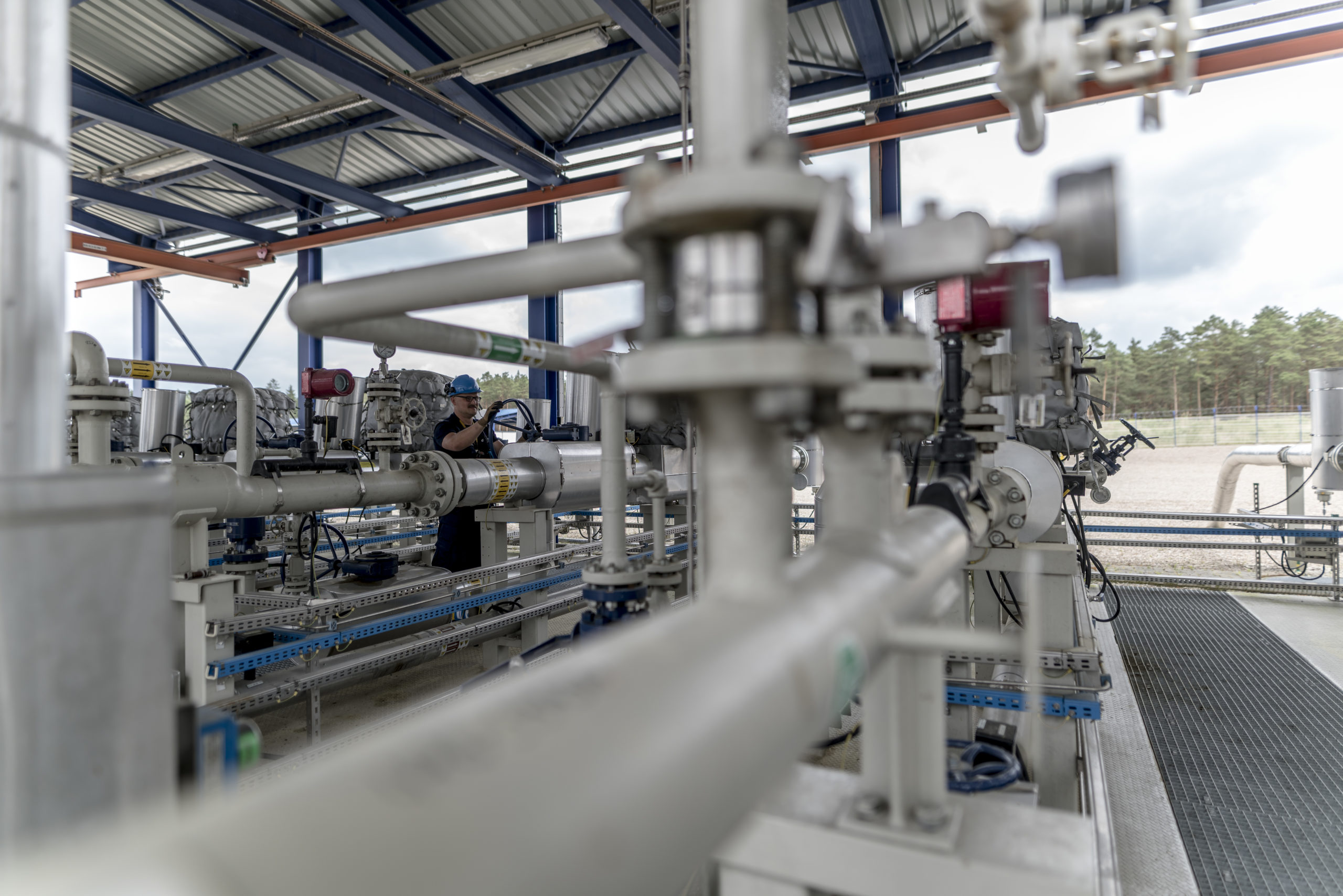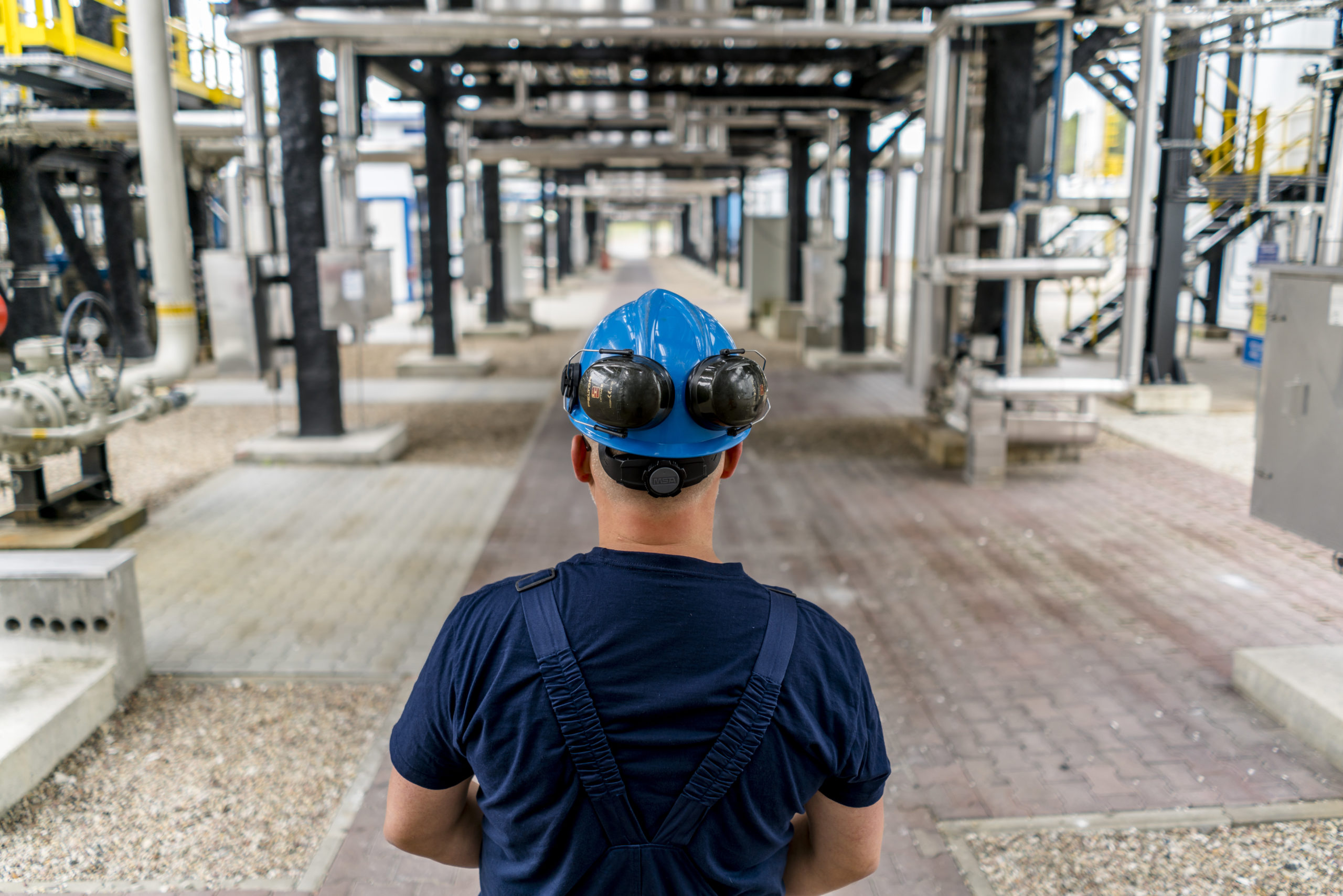
Due diligence policies and procedures
-
103-1
-
103-2
-
103-3
General HR policies and procedures
Good relations with colleagues are vital for the proper functioning of any business. This is why PGNiG and the PGNiG Group strive to ensure transparent working conditions. The conditions are defined in the Code of Ethics in force at the entire Group. The values and standards of conduct enshrined in the Code highlight both the desirable and prohibited attitudes and behaviour. The HR area is also regulated through internal documents. In addition to the guidelines applicable to the entire PGNiG Group, PGNiG has in place internal regulations, including:
- Work rules – organisational work rules for employees, employee rights and obligations;
- Remote work procedure – conditions for the performance of remote work, i.e. work performed outside the workplace via means of electronic communication, as well as the related rights and obligations of the parties to the employment relationship;
- Remuneration rules – the terms of remuneration for work and the conditions for granting other work-related benefits;
- Rules of the Company Social Benefits Fund – types of employee social benefits, detailed rules for awarding social benefits;
- Recruitment procedure – description of recruitment and employment procedures for employees and persons performing work on the basis other than employment contracts;
- Rules governing the conclusion of civil-law contracts at PGNiG S.A. – specifying the proper and lawful procedure for the conclusion of civil-law contracts to perform work (other than employment contracts) in the Company’s best interes;
- Rules of the Employee Referral Programme – setting out the rules of employing candidates under the Employee Referral Programme in place at the company. The programme is designed to support the company in recruiting, employing and retaining the best candidates interested in working at PGNiG S.A.
- Employment monitoring procedure;
- Rules of promotion and change of employment terms and conditions;
- Rules of the Performance Assessment System;
- Rules of organisation of internships and work placements.
The PGNiG Group’s Policy on workplace kits granted to employees is one of the most important Group-wide documents. The Policy:
- Introduces Group-wide rules on defining a Workplace Kit to which an employee is entitled depending on their position;
- Rationalises and optimises expenditure on equipment and services employees need to perform their duties.
Remuneration-related matters are also governed by the Collective Bargaining Agreement executed with the trade unions pursuant to Art. 241 of the Polish Labour Code on July 15th 2009. The Agreement specifies the key principles governing the provision of work under an employment contract, including working time and shifts, holiday leave, social benefits and the protection of working conditions. The rules adopted in the Collective Bargaining Agreement:
- Define the employment relationship between the employer and the employee, the contract execution rules, as well as the mandatory and optional components of a contract; indicate the components which form an integral part of the contract, such as the job qualification sheet, job description, scope of duties or job instruction.
- Specify the conditions for terminating the contract and applicable notice periods, as well as the form of termination.
- Define the working time and which hours it covers, as well as the conditions prohibiting overtime work. At the same time, the document specifies the scope of application of an equivalent working time system and the breaks to which an employee is entitled within their working time; furthermore, the Agreement defines the circumstances in which overtime work is allowed.
- Streamlines the terms of using holiday leave and defines the number of holiday leave days for employees with both below and over 10 years of service. The document further defines the deadline by which the leave must be used; the Agreement also defines the conditions under which the employer grants employees prevention and therapeutic holidays in a sanatorium.
- Further specify the terms of remuneration by laying down the rules for job classification into specific qualification levels.
- Define the terms and conditions for granting cash benefits in the form of length-of-service awards, severance payments upon the termination of employment, and other cash awards, such as the ‘St. Barbara Day award’.
- Streamline the rules of establishing the Company Social Benefits Fund and organising group holidays for employees’ children, as well as of equipping workplaces taking into account the occupational health and safety regulations.
Acquiring new staff is another vital element of the human resources policy. This area is governed by the Standard of Employee Selection and Recruitment at the PGNiG Group. The Standard aims to ensure hiring appropriately qualified staff, strengthen the internal labour market and consolidate the PGNiG Group’s image as a responsible and sought-after employer. The Standard sets out:
- conditions for starting a recruitment process to find employees for existing or newly created job positions;
- candidate selection rules envisaging internal and external sources of acquiring candidates;
- the tools to be used when selecting candidates, subject to the condition that the same terms must be used during a single recruitment process to maintain uniform verification;
- rules for protection, processing and archiving of personal data.
-
403-1
-
403-2
-
403-3
-
SHS-1/C2
-
SHS-3/C2
Description of the area, OHS policies and procedures applied
The areas of quality, environmental protection, occupational health and safety at the PGNiG Group companies are managed on the basis of the PGNiG Group’s QHSE (Quality, Environment, Health and Safety) Policy. The QHSE Policy defines the goals and directions of the Group companies’ activities in those areas and embodies their commitment to continuously enhance the effectiveness of the management systems for quality, environmental protection, occupational health and safety. In the health and safety area, the Policy is also a declaration of a proactive approach eliminating or minimising the risk of injury and occupational disease to employees. It provides guidance on how to ensure a safe workplace through Policy-based activities and measures. The commitments made under the Policy are fulfilled by the PGNiG Group companies through:
- building relationships and engaging in open dialogue with the business partners to enhance the safety of PGNiG employees, any other persons on PGNiG premises, and the local community,
- identifying and ensuring compliance with applicable laws and other requirements,
- implementing norms and standards that follow from good practices, and promoting safe solutions,
- monitoring of the working environment,
- performing work in a safe, planned, organised and supervised manner,
- identifying various risks, including near misses, in order to prevent occupational accidents, occupational diseases, incidents and failures,
- applying state-of-the-art safeguards and process solutions designed to prevent accidents, mechanical failures and occupational diseases,
- identifying hazards and conducting job and workplace risk assessments,
- ensuring emergency and accident response resources and services, and taking immediate action after hazards are identified,
- implementing corrective measures,
- building a competent, well-informed and committed workforce,
- promoting and implementing safety improvement and safe behaviour awareness programmes,
- setting improvement goals,
- ensuring active participation of employees or their representatives and holding consultations at all levels of management.
It should be emphasised that the PGNiG Group performs its tasks on a systemic basis, in accordance with the best standards taking account of good industry practice.
OHS training is mandatory and provided to the entire workforce. OHS training is conducted on a regular basis in accordance with the Regulation of the Minister of Economy and Labour of July 27th 2004 on training in occupational health and safety, and its frequency depends on the type of job and risks involved. Safety is also improved through annual meetings organised for employees responsible for environmental protection, health and safety and environmental protection. Their purpose is to share experience and good practice. The meetings are also attended by representatives of external bodies, such as the National Labour Inspectorate. In addition, employees have access to a wide range of medical care services. A standard practice at the PGNiG Group is also to familiarise each employee with risks involved in their job.
PGNiG builds a safe work culture among employees, which translates into appropriate behaviour, attitude and initiative. The Group takes measures aimed at continuous improvement of safety of all persons present on its premises, including visitors. All new hires undergo initial OHS training, comprising basic and job-specific components.
Moreover, periodic training for individual jobs is provided. The periodic training schedule depends on risks involved in particular jobs. The Company’s employees, employees of the Contractor providing work to PGNIG and personnel on the drilling site receive separate training. It is QHSE induction training during which the necessary information on the hazards present at the site is presented to the participants.

